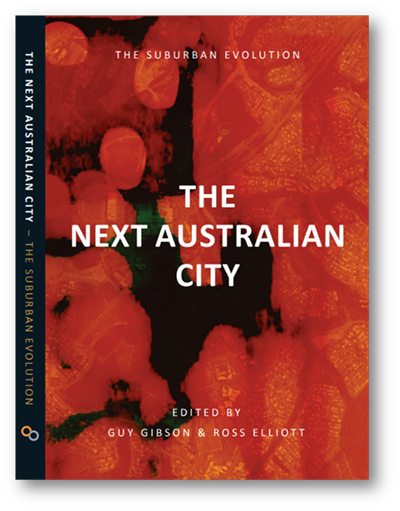Restaurant sheds have been a lingering point of Covid controversy in New York City, and this item in the free tabloid papers from Schneps Media ought to be reason for further debate. The sheds were allowed on public streets to save the eateries during the indoor restrictions of the pandemic. Many of them remain in place despite commerce returning to normal even in NYC, this despite complaints from neighbors...
see: https://timwferguson.com/2024/06/26/dining-out-on-taxpayers-in-nyc/
November 25, 2025 Last Update: 11/25/2025
|
|
Subscribe to NG ArticlesThe Coming of Neo-Feudalism
Infinite Suburbia
BooksAuthored by Aaron Renn, The Urban State of Mind: Meditations on the City is the first Urbanophile e-book, featuring provocative essays on the key issues facing our cities, including innovation, talent attraction and brain drain, global soft power, sustainability, economic development, and localism. Popular ContentRecommended Books
Blogroll and Partner SitesUser login |













